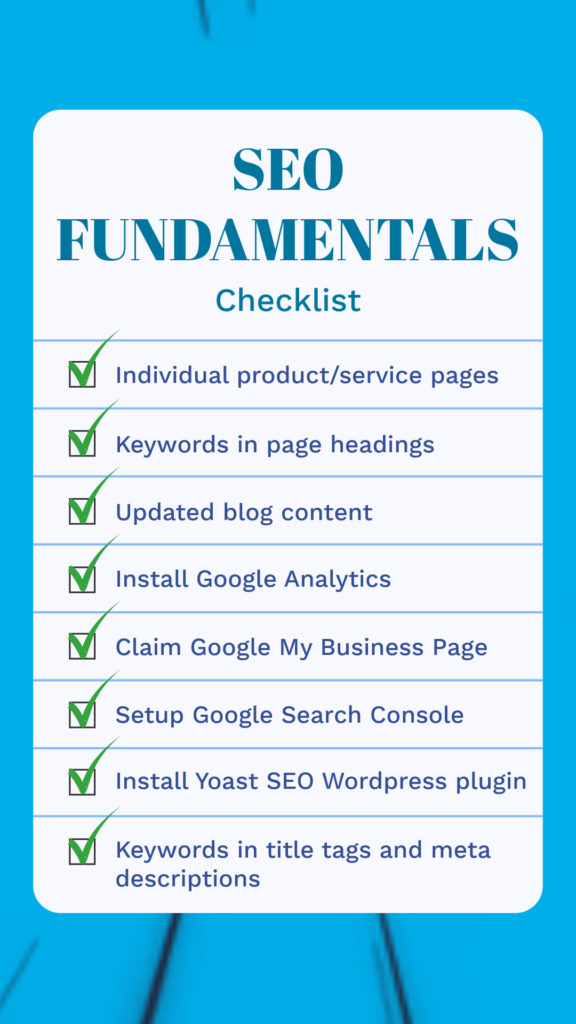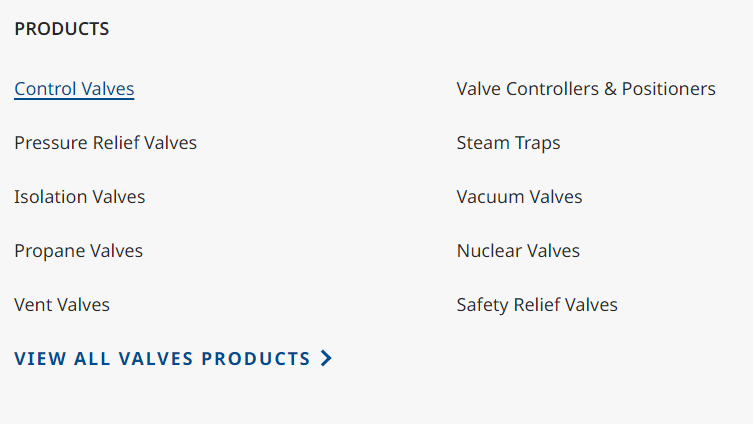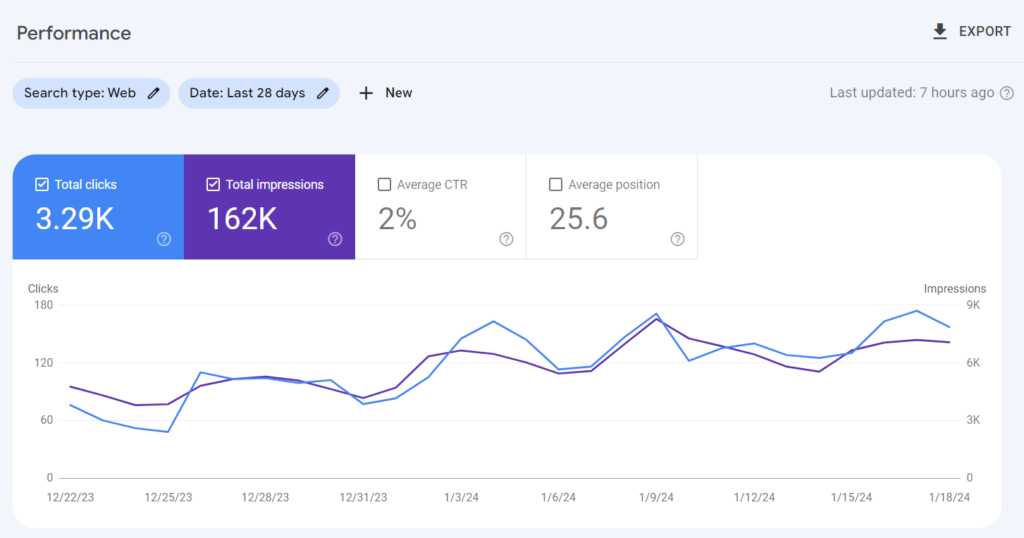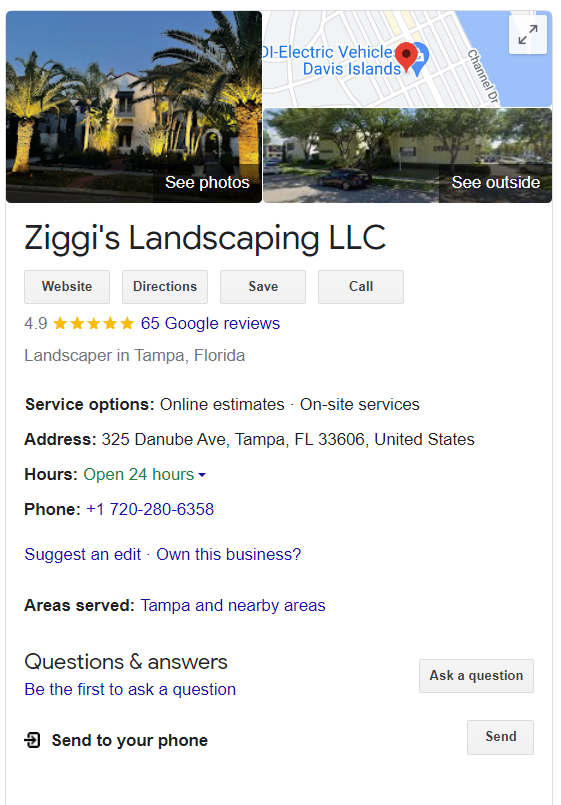Simple SEO Improvement Items for Any Website
There is such a wide range of SEO optimizations you can do to improve your rankings on Google, and many are things that can be done on the front end of your website without much of any technical skill. Set aside a few hours each month to work through this checklist, and you will definitely see more visitors on your website and hopefully visitors that convert into customers!

Create Individual Product or Service Pages
It is so much easier to rank for keywords if you have a dedicated page on your website for them. Google ranks pages, not websites, so if you only have 2 or 3 webpages for all of your services, you will confuse Google. Google wants to see dedicated landing pages for each of your products and services. If you don’t have that yet, start there. If you are an industrial valve manufacturer then you might want to have pages for each type of valve. For example, instead of just having a “valves” page, you could have a page for butterfly valves, ball valves, solenoid valves, etc.

Include Keywords in Page Titles and Headings
An easy way to improve your rankings on those pages we discussed above is to embed your main keywords of interest in the headings of the page. For example, if your page about hardscaping services, then title the page “Hardscaping Services in [Your Service Area]” and then create subheadings like “Retaining Wall Construction” and “Paver Sidewalk Installation.”

Update Your Blog with Fresh Content
Google loves to see fresh content, or for some websites, any content at all. If you are not posting thought-leadership content on your blog at least once or twice per month, then that’s your homework for the next few weeks! Think of problems your target audience is searching for and present solutions for them. Comparison pages are also great ways to drive traffic. An example for flooring websites might look like, “Hardwood Floors vs LVP: Which is Best for My Home?”
Insert Keywords into Title Tags and Meta Descriptions
One of the most fundamental SEO best practices is to have keywords in your title tags and meta descriptions. This is the information that is displayed on the Google search results page, so it is important to have a valuable title and a description that entices people to click on it.

Setting Up Tracking
You might not think setting up tracking tools is super important when just getting started with SEO, but in the long run, having tools in place to measure growth (or lack of it) is crucial to implementing a strategy that works. You will likely want to hire a consultant or an SEO team at some point in the future to take your SEO to the next level, and having data for them will be a huge bonus and give you a headstart on many other small business sites. Here are a few free tools that every website should have:
Google Analytics
Google Analytics is where all of your website traffic data lives, but you have to have the tracking script installed to see anything. This historical data on your website will help us identify trends such as audience demographics, page performance, and what sources your traffic is coming from. The Google Analytics 4 tracking script is what you need to get embedded on your website to have tracking active.
Google Search Console
Google Search Console (GSC) is kind of like your website health dashboard when it comes to SEO. GSC tells us how Google is reading your website and identifies any errors that are hindering Google from showing your content in the search results. GSC is pretty easy to install, and has hundreds of benefits for your SEO results now and in the future.

Yoast SEO WordPress Plugin
Yoast SEO plugin is a free plugin for WordPress websites that allow website administrators to make changes to SEO elements of the website fairly easily. Yoast allows you to edit all of your pages’ title tags and meta descriptions in one place and helps you create a sitemap. Many times you will have this plugin already installed on your website by default, but be sure to actually use it!
Google My Business Page (for local businesses)
Not quite a tracking tool, but a free marketing method for local businesses to show up at the top of search results. Simply make sure you claim your page, and have accurate information listed and you are all set! Then as a bonus, encourage positive reviews from your clients to help boost your visibility in the local map pack.

Need Help? Consider Hiring an SEO Partner
Most of the recommendations mentioned above don’t require much technical skill to get started, but many business owners don’t have the time to dedicate to optimizing their website. Luckily, Loading Leads Marketing was built to help businesses leverage their website as a sales tool via digital marketing. Loading Leads is an expert in small business SEO, and we are excited to help your business grow with a marketing strategy that works! Contact us to get started.



